There is no mention of the word Halloween in Anglo-Saxon texts or from the medieval period where the 31st of October was anything else other than the eve of All Saints Day. The witches, and ghosts (but not Woody) stem from the Celts believing that evil spirits came with the long hours of winter darkness. They believed that on that night the barriers between our world and the spirit world were at their weakest and therefore spirits were most likely to be seen on earth, they built bonfires to frighten the spirits away and feasted and danced around the fires. These Halloween fires burned the strongest in Scotland and Ireland, where Celtic influence was most pronounced, although they lingered on in some of the northern counties of England until the early years of the last century. But in England, the bonfire is associated with the 5th of November, the anniversary of the Gunpowder Plot of 1605, and not with Halloween.
- Home
-
My Family Stories
- Bustaine of Braunton: Introduction
- Hunt of Barnstaple Introduction >
- Lakeman of Mevagissey >
- Meavy Introduction >
- Mitchell of Crantock: An Introduction >
- Mohun of Dunster: Introduction >
- Purches of Hampshire and Cornwall >
- Scoboryo of St Columb Major >
-
Thomas Vaughan: An Introduction
>
- Smith of Barkby Introduction >
- Taylor Introduction >
- Tosny of Normandy >
- Toon of Leicestershire: Introduction >
- Underwood of Coleorton Introduction
- Umfreville of Devon >
- Other Families
- History Blog
- Wars of the Roses Blog
- The Ancestors
- A to E
- F to J
- K to O
- P to T
- U to Z
- Hendley of Coursehorne Kent
- Pigott Family of Whaddon Buckinghamshire
- Links
- Contact
- Umfreville test
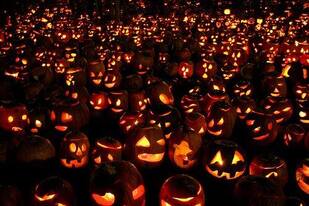
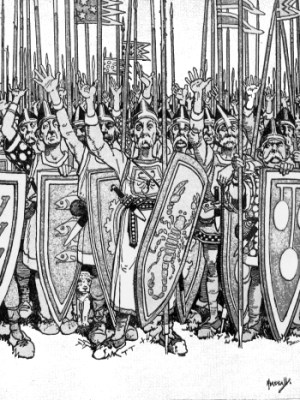
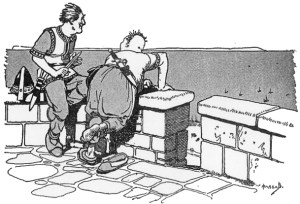
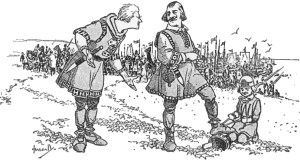
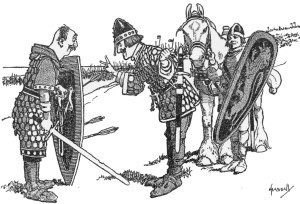

 RSS Feed
RSS Feed
